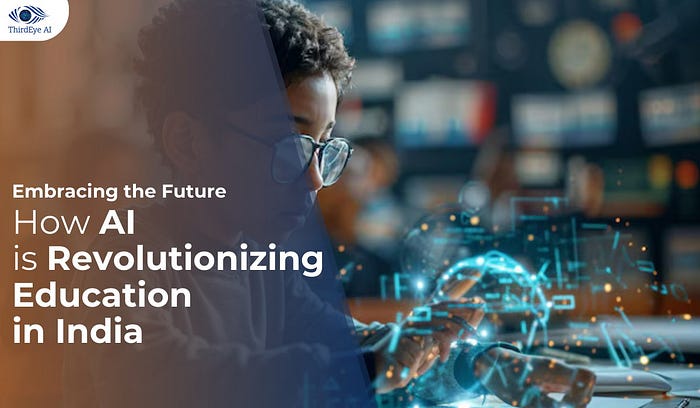
In a dynamic landscape where technology continuously reshapes industries, education stands at the forefront of transformation. A recent study conducted by Team Lease EdTech unveils a remarkable shift within Indian classrooms: over 60% of educators are already leveraging Artificial Intelligence (AI) tools to enhance learning experiences.
The report, titled “Revolutionizing Classrooms: The Impact of Generative AI on the Future of Education,” offers insights gleaned from a comprehensive survey of over 6,000 educators across India, spanning from primary school teachers to university professors.
Key Findings
AI Integration: An overwhelming 61.60% of educators are utilizing AI for diverse tasks such as teaching aids, preparation, and fostering student engagement. This integration underscores a significant departure from traditional pedagogical methods, ushering in an era of dynamic, personalized learning experiences.
Recognition of AI’s Potential: Nearly two-thirds of educators (64.87%) acknowledge AI’s transformative potential in reshaping educational paradigms. This recognition extends to its ability to tailor learning experiences to individual student needs, fostering a more inclusive and effective educational ecosystem.
Ethical Considerations: While embracing AI, educators express apprehensions regarding its ethical implications. A staggering 87.85% advocate for government oversight and regulation to ensure responsible AI development and application within educational settings.
Preparing for the Future: Despite ethical concerns, the majority of educators (70.85%) assert that AI plays a pivotal role in preparing students for an increasingly AI-driven world. Many believe that AI’s impact will surpass that of previous technological revolutions, such as the advent of smartphones.
Insights and Recommendations
TeamLease EdTech CEO, Shantanu Rooj, underscores the importance of responsible AI adoption within education. The report serves as a roadmap for stakeholders, emphasizing the augmentation of human potential through AI rather than its outright replacement.
Co-founder Neeti Sharma echoes this sentiment, emphasizing the need for a balanced approach to AI integration that prioritizes ethical considerations and human-centric outcomes.
Moving Forward
As AI continues to permeate educational landscapes, the report serves as a catalyst for informed decision-making among schools, colleges, universities, policymakers, and other stakeholders. By addressing ethical concerns and leveraging AI’s transformative potential, Indian education stands poised to embrace a future where technology enhances, rather than detracts from, the learning journey.
Conclusion
In summary, the TeamLease EdTech report reveals that over 60% of Indian educators are already using AI in classrooms, recognizing its potential to personalize learning. While enthusiasm for AI is high, there are concerns about ethics, with a vast majority advocating for government oversight. Despite this, educators believe AI is crucial for preparing students for the future. The report offers a roadmap for responsible AI integration, emphasizing human augmentation over replacement. Overall, it highlights the transformative impact AI can have on education in India, with a focus on ethical and effective implementation.
Comments